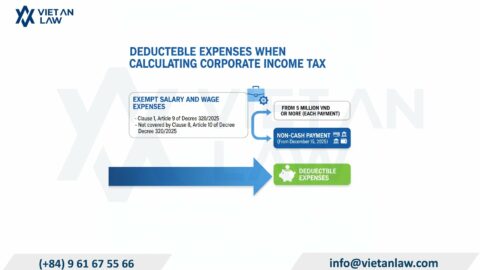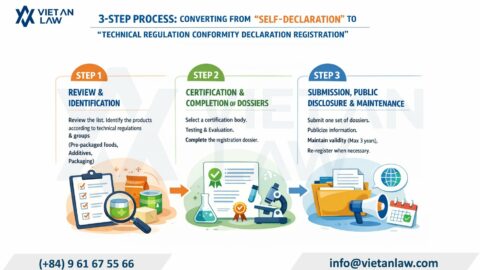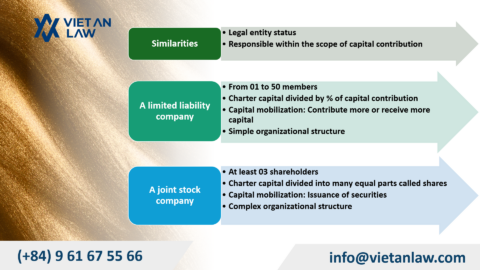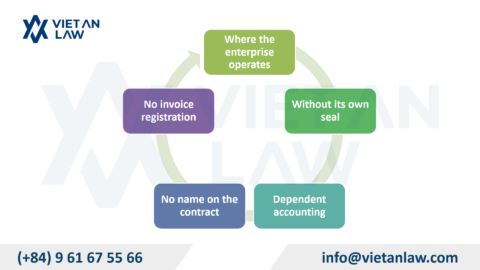In the context of the rapid increase of cryptocurrency transactions and derivative investments from virtual currencies in the world, Vietnam and most countries have not yet recognized the legality of this form of transfer instrument or means of payment. As a result, tax regulations on virtual currencies are still unclear. In the article below, Viet An Law will outline the legal framework for cryptocurrency in Vietnam according to current legal regulations for domestic and foreign investors to refer to.
Table of contents
Cryptocurrency is currently not recognized as a legal means of payment in Vietnam. In addition to the lack of clear regulations defining cryptocurrency as a type of asset, commodity, or capital under the provisions of the current Civil Code 2015, cryptocurrency is also not recognized as a legal means of payment under the regulations of the State Bank of Vietnam.
Specifically, Clause 10, Article 3 of Decree 52/2024/ND-CP newly issued by the Government on May 15, 2024, on cashless payments stipulates:
“Cashless payment instruments (hereinafter referred to as “payment instruments”) refer to instruments issued by payment service providers, financial companies licensed to issue credit cards, and e-wallet payment intermediary service providers and used by clients to implement transactions concerning cheques, payment orders, payment authorizations, collection orders, collection authorizations, bank cards (including debit cards, credit cards, and prepaid cards), e-wallets, and other payment instruments according to the regulations of SBV.”
Thus, according to this list, cryptocurrency or virtual currency is not currently defined as currency and is not a form of cashless payment recognized by the State Bank of Vietnam. Therefore, the issuance, supply, and use of cryptocurrency (illegal payment method) as currency or payment method is illegal and not legally protected in Vietnam. Investors in this field need to consider carefully and wait for clear legal regulations before deciding to invest in virtual currency transactions abroad.
According to Clause 6, Article 6 of Decree 52/2024/ND-CP, the acts of issuing, supplying, and using illegal means of payment are prohibited acts and carry the risk of being administratively or criminally handled according to the provisions of Vietnamese law with the following penalty framework:
Note: The above fines apply to individuals. For legal entities, the fines will be doubled.
Because it has not been recognized as a legal means of payment in Vietnam, up to now there has not been a legally registered digital asset exchange in Vietnam because companies are not allowed to mobilize, execute, or broker digital asset transactions.
Currently, because cryptocurrency is not recognized as a means of payment, it cannot have the same exchange value as other means of payment, including cash (VND).
Some regulations on points/virtual units in the scope of electronic games currently also stipulate that converting from electronic money (cryptocurrency) to VND is considered an illegal act pursuant to the law. Specifically:
Based on the above, investors have no basis to convert cryptocurrency into cash (VND) in Vietnam because this is an illegal act.
Pursuant to the provisions of the Law on Value Added Tax and the Law on Personal Income Tax in Vietnam, the subject of personal income tax is an individual with taxable income from the production and trading of goods and services. Only when cryptocurrencies are a type of commodity, we can determine income from trading them.
However, currently, there is no regulation defining cryptocurrency as a commodity to determine whether it is subject to the above taxes.
Thus, based on current regulations, there is no legal basis to determine the obligation to declare and pay tax on profits arising from cryptocurrency transactions according to current Vietnamese law.
Currently, the Vietnamese Government has approved a comprehensive proposal for building a legal framework for virtual assets and cryptocurrencies in Decision No. 1255/QD-TTg. Completing tax laws on virtual asset trading activities via e-commerce platforms is also mentioned as a long-term plan in Decision 2146/QD-BTC. In 2023, Resolution No. 01/NQ-CP dated January 6, 2023, of the Government also reaffirmed the task of “reviewing and completing the legal framework on the management of virtual assets, cryptocurrencies, and virtual currencies”.
There are still many challenges in developing a legal framework for a new asset class such as cryptocurrencies, and cryptocurrencies may become legal shortly. At that time, the tax regime for this type of currency will be updated accordingly.
Above are some legal regulations on the legal framework for cryptocurrency in Vietnam currently. If you need legal advice, please contact Viet An Law for the most timely and accurate support!




